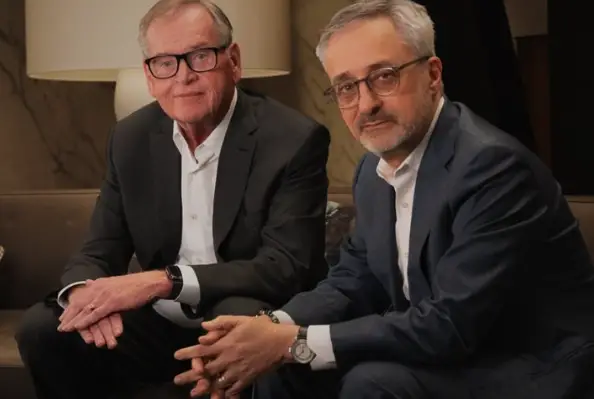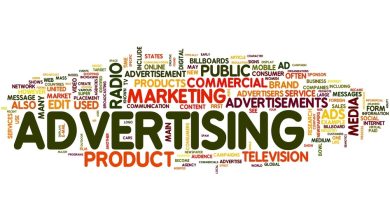Omnicom-IPG gets final green light in the US, with caveats
The Federal Trade Commission in the US has given final approval to the $13.5 billion IPG-Omnicom merger (which looks more like an Omnicom acquisition), accompanied by an explicit ban on the merged group diverting advertising spend away from publishers whose political or ideological views they don’t share.
There’s a caveat though. If a client expressly directs it, it’s OK. A compliance monitor will make sure that the restrictions only affect the US and it seems likely that, in President Trump’s polarised world, many larger clients will want to be seen to be even handed, although this could cause problems when allied to the “purpose” messaging they often espouse.

Some smaller and more fundamentally purpose-driven clients will readily make use of the caveat to prove their credentials. Meanwhile, on social media platform X, the advertising is likely to remain dominated by less scrupulous marketers like betting sites, Omaze property competitions, gut health supplements etc.
The EU is the biggest regulator yet to give the green light on the merger.
Back in 2017, French group Havas boycotted Google and YouTube in the UK after ads were found running next to homophobic, racist, pornographic and other hate-filled content. It kicked off when an ad for holiday operator Sandals Resorts was accompanied by a video promoting a group linked to al-Qaeda, which led to the discover of other examples including John Lewis and Disney ads placed next to videos by homophobes and white nationalists.
Such a ban seems unimaginable now given the dominance of two Alphabet-owned platforms. Back then, some big advertisers in the US and the UK – including HSBC, L’Oreal, RBS, the BBC, the Guardian newspaper, Marks & Spencer, Audi, Tesco, VW, Sainsbury, AT&T, Verizon and Johnson & Johnson – took part in the ban. Agencies were also in trouble for not being more diligent, back when programmatic was in its infancy.
Google went as far as to apologise for placing ads next to “controversial content” and promised that they would be taking a “tougher stance” in future.
Martin Sorrell, who was WPP CEO at the time, told the FT that “Google, Facebook and others are media companies and have the same responsibilities as any other media company. They cannot masquerade as technology companies, particularly when they place advertisements.”
That argument continues, but now it seems that the platforms are calling the shots.










